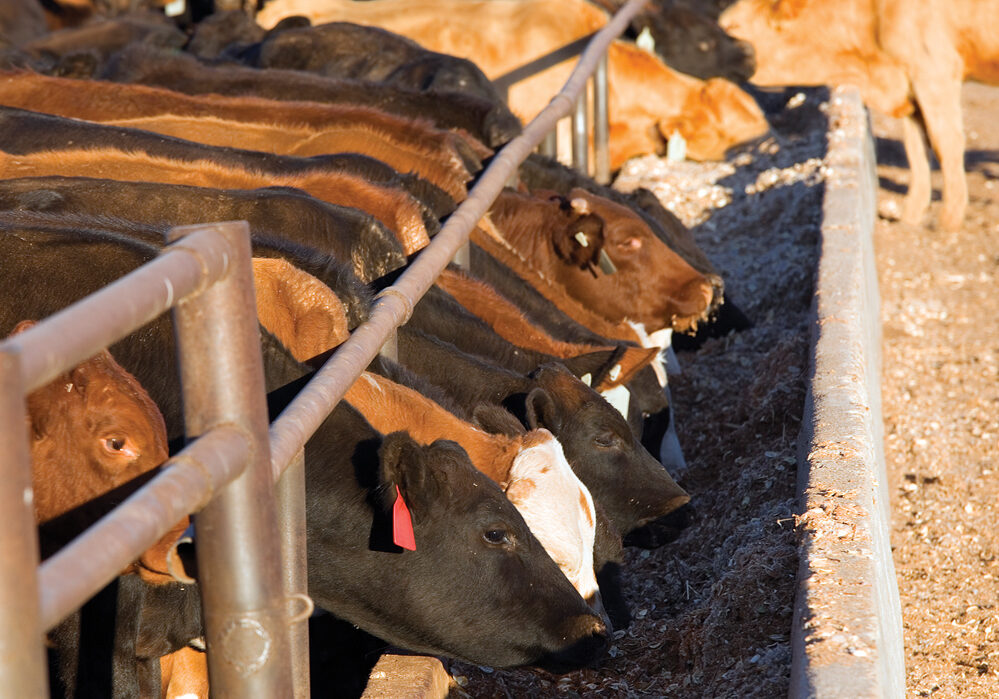Agri-food groups support provisions in the 2019 budget to trigger pesticide safety reviews when one is merited and not just because another country orders one on a product.
While Health Canada and the Pesticide Management Regulatory Agency take a risk-based approach to pesticide approvals, other members of the Organization for Economic Co-operation and Development employ a hazard-driven system.
Once the bill is passed, Canada will no longer conduct a review every time another OECD member orders a product off the market.
Read Also

Mazergroup’s Bob Mazer dies
Mazergroup’s Bob Mazer, who helped grow his family’s company into a string of farm equipment dealerships and the main dealer for New Holland machinery in Saskatchewan and Manitoba, died July 6 from cancer.
Jeff Nielsen, chairman of the Grain Growers of Canada, told the Senate agriculture committee that the budget implementation bill would only trigger special reviews of pesticides if the health minister determines one is actually required.
“Since 2016, neonicotinoids have been the subject of 10 proposed decisions and five separate re-evaluations, including 15-year cyclical re-evaluation, specified re-evaluations, a special review related to bees and a special review to related aquatic invertebrates,” he said.
The new system will be more predictable while protecting public health and the environment, he said.
As well as reducing the number of special reviews, PMRA needs to begin early consultation with the agrifood sector, create a national water monitoring program and include risk benefit analysis as part of re-evaluations, he said. It should also aim for regulatory alignment with the U.S. Environmental Protection Agency.
The Canada Grains Council asked for these and other changes last year but only the reduction of special reviews has been addressed, he said, adding he hopes the others will happen in the near future.
Frank Annau, environment and science policy advisor at the Canadian Federation of Agriculture, said the budget measures would help address pesticide registration problems.
“There is concern that this duplication is taking up valuable resources within the PMRA, at a time when it is trying to modernize its review process,” he said. The changes could free up critical capacity and help realize the goal of carrying out a more efficient regulatory regime, he said.
Dennis Prouse, vice-president of government affairs with CropLife Canada, said, “Certain special interest groups have learned to exploit the current system.” The result is the PMRA faces an unsustainable workload, which prevents “farmers from having access to the tools they need to protect their crops and help drive Canada’s economy.” However this regulatory reform at PMRA “is only one part of a much broader set of improvements that are needed.”
Nielsen said special reviews add to the PMRA backlog on new product examinations that “puts at risk products that farmers could be using or the chance of us losing a product due to the fact that review hasn’t been done yet. We’re limited in what tools we have as producers in the toolbox as it is.”
Annau said PMRA anticipates “initiating 145 new re-evaluations in the next five years, which is double the number of initiations in the previous five-year period.” Adding in unneeded special reviews “could take a lot of critical capacity that could otherwise be directed to helping to modernize the re-evaluation process.”



















